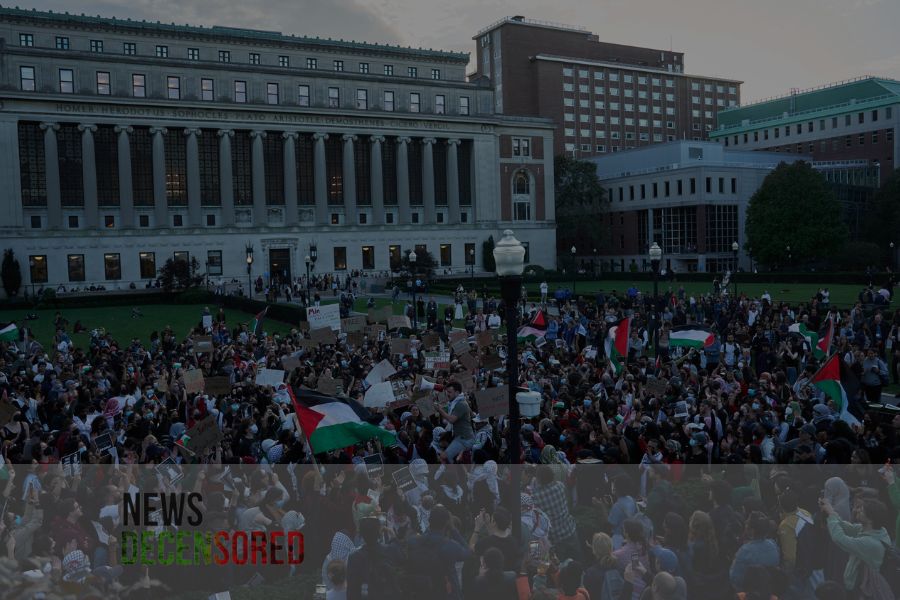Student activism in support of Palestine fosters debate and learning at universities while exerting pressure for political change.
Student activism has swept across American campuses in solidarity with Palestine for over five months. These young people view the Palestinian struggle as a moral imperative, akin to Angela Davis’ assertion that it’s a “moral litmus test for the world.”
Their journey, however, is full of challenges. Pro-Palestinian students face intimidation, violence, and disciplinary actions, often lacking the resources enjoyed by their pro-Israel counterparts. Despite these hurdles, they’ve displayed remarkable resilience and innovation.
Palestinian rights advocates lack the extensive donor networks and media access enjoyed by pro-Israel groups. College administrations, wary of losing pro-Israel funding, often appease powerful interests, leading to disciplinary actions against pro-Palestinian students.
Undeterred, student activists have built diverse coalitions across racial, social, and religious lines. Their tactics range from long-term divestment campaigns to spontaneous demonstrations, and this adaptability has yielded some victories.
The University of California system witnessed a series of historic student government votes in favor of divestment from companies profiting from Israeli actions in Palestine. These votes signal a growing awareness of the issue and a rejection of complicity.
Persistent Protests, Shifting Landscapes
At Stanford University, students staged a 120-day sit-in demanding university action on Palestinian rights. Though the administration hasn’t made significant concessions, the protest forced a space for open conversation, a crucial step in changing campus discourse.
These protests, both planned and spontaneous, have fundamentally altered the campus environment. Debates and discussions on Palestine have become commonplace, with guest speakers filling knowledge gaps left by traditional curricula. Students are educating themselves and others.
Comparisons have been drawn to the anti-Vietnam War movement. Both movements challenged mainstream media narratives and exposed university complicity in global power dynamics. Additionally, both fostered multiracial and multiethnic coalitions.
However, a key difference exists. Today’s students express a deeper personal connection to the Palestinian struggle, demonstrated by the ubiquitous Palestinian flags and keffiyehs worn on campus. This emotional connection fuels unprecedented levels of solidarity and outrage at U.S. involvement.
A Movement Here to Stay
Campus discourse on Palestine has undeniably shifted. The fight against genocide and apartheid resonates with contemporary struggles for racial justice. Attempts to silence criticism will likely fail.
The passion and commitment of these young people are rekindling a spirit of political activism and forging intergenerational alliances. While the impact on national politics remains uncertain, student actions have drawn local and national attention, leading to calls for a ceasefire from municipalities and members of Congress.
The fight for Palestinian rights on American campuses shows no signs of abating. This movement is here to stay, demanding change and pushing for a just future for Palestine.















